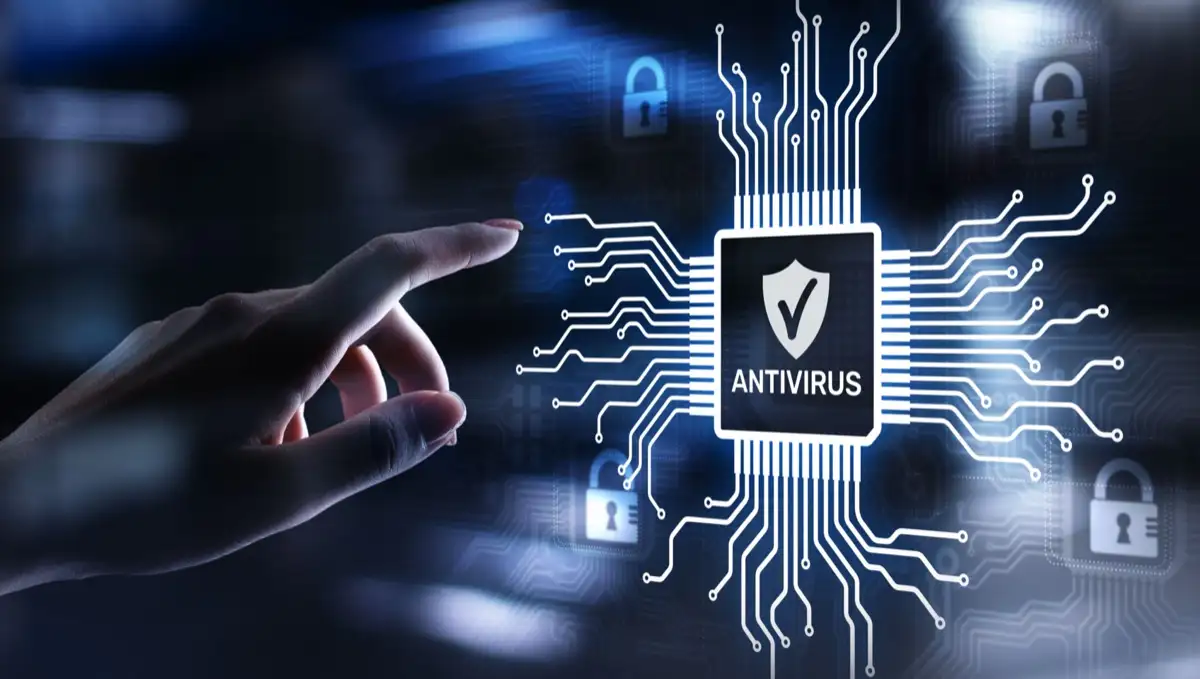
Antivirus software provides your computer and other devices with protection against viruses, malware, worms and other potentially damaging software by quickly detecting and eliminating threats in real-time.
Antivirus programs often come equipped with additional features. These may include network firewall, phishing protection, virtual private network (VPN), password manager and parental controls.
Virus Protection
Virus protection is an essential element of computer security plans. Malicious software (malware) has become more and more sophisticated over the years and now poses a direct threat to our data, potentially stealing it or encrypting it so it cannot be accessed at all. Without virus protection in place, your files could become lost forever!
Antivirus software was initially created to combat viruses and other cyber threats; its main component is virus signatures compiled over time by security professionals. These files, dictionaries, and databases contain known pieces of malware compiled over years of investigation.
This means the software can quickly recognize known pieces of malware, and quickly block it from running on your system – helping reduce false positives as a result.
Modern antivirus products run quietly in the background, performing regular scans of your data, system files and computer programs to detect suspicious patterns or behaviors which might indicate that someone other than yourself could be accessing or manipulating them.
Malware Protection
Malware (short for malicious software) refers to any piece of malicious software which secretly infiltrates and damages computer systems without their users’ knowledge. Common forms include viruses, worms, Trojan horses and ransomware.
Antivirus software is an integral component of malware protection, helping detect and eradicate previously infected devices as well as monitor new programs downloaded to protect from their infection. It even works to block new downloads that could pose potential threats by monitoring new downloads to detect potential intruders before installing them on your system.
Good antivirus software uses multiple methods to identify malware, such as signature-based detection and heuristic analysis, in addition to tracking any files for modifications made maliciously by third parties.
Most malicious software attempts to evade antivirus systems by concealing its code in various forms of obfuscation, compression and encryption. Malicious code may also test security software’s recognition by testing its behavior or creating conditions within a sandbox designed to stop it executing; hence why having strong and regularly updated antivirus protection is so vital.
Firewall Protection
Firewall protection protects your system from hackers gaining entry and accessing its data, often through random pings sent out across thousands of computers by hackers, which a firewall can stop.
Your organization should implement security rules for incoming requests that match those created by you and/or your firewalls to detect malicious software that enters its network and block it before it causes damage.
Hardware or software firewalls may be installed as protection measures on a router; hardware firewalls are more prevalent.
Your choice of home or business firewall depends on your unique requirements; there are different kinds available such as packet filtering and proxy services.
This type of firewall creates an imitation version of your device to communicate with the web, keeping incoming data isolated and isolated from other forms. While this form is the most secure, it may take longer and use more resources.
Parental Controls
If your children spend considerable time online, parental controls could be useful in setting time limits, monitoring web surfing activity and blocking inappropriate or harmful sites.
These tools can be found across your broadband, Wi-Fi, apps, games consoles and personal devices such as mobile phones and tablets. They can also be used to restrict content such as adult material in search results or purchases in certain apps.
Screen time can be a source of great concern for many parents, so setting healthy limits for both kids and adults is crucial. Parental control tools may be effective at restricting screen time but should only be utilized occasionally.








